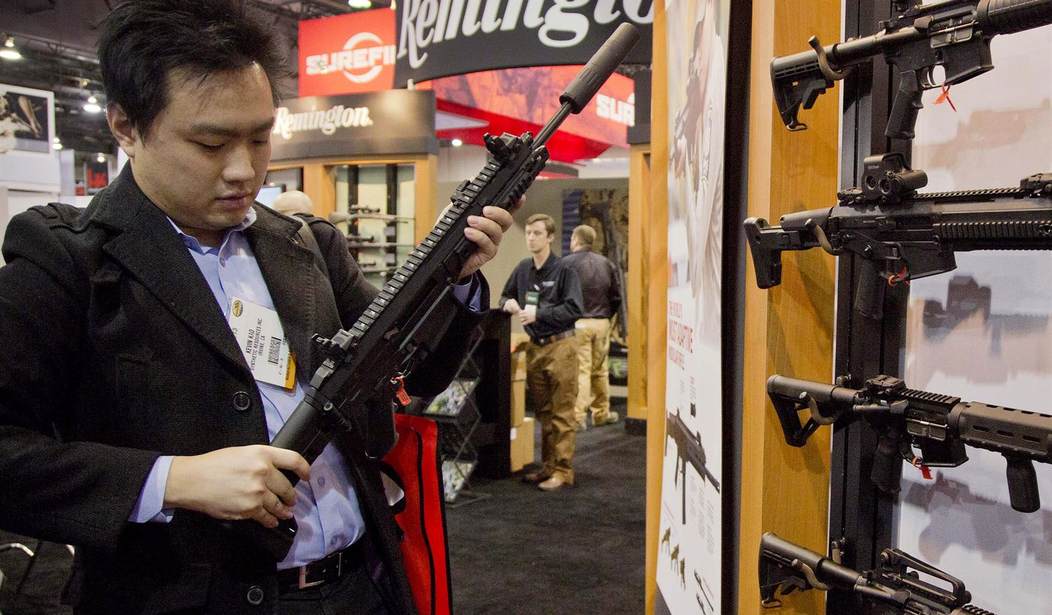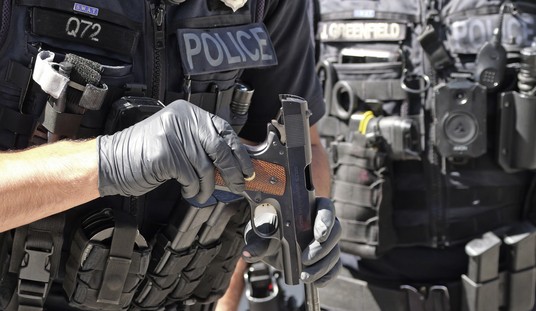The Wall Street Journal reported on Friday that firearms industry giant Remington is likely to enter into Chapter 11 bankruptcy protection in the next few days, and is in discussions with the Navajo Nation to purchase the iconic brand. If that happens, there’ll likely be some big changes coming, starting with an end to all AR-style products, at least for the consumer market.
Back in 2018, as the company was last emerging from bankruptcy, the Navajo Nation offered to buy Remington for somewhere around $500-million. The company rejected the offer at the time, but now they appear to be willing to make a deal. Two years ago, New York Times columnist Andrew Ross Sorkin detailed the changes that the Navajo Nation planned on making if it was able to complete the purchase.
The Navajo Nation’s plan for Remington was novel: It intended to shift the company away from its consumer business, including curtailing the sale of the AR-15-style weapons frequently used in mass shootings, to focus on police and defense contracts.
The tribe planned to use profits from those businesses to invest in research and development of advanced “smart guns” — those with fingerprint or other technology intended to prevent anyone but the gun’s owner from using the weapon. Smart guns have so far failed to make much headway at the major gun manufacturers, which have faced pressure from groups like the National Rifle Association…
The only guns the Navajo Nation planned to sell to consumers were long guns like rifles and shotguns used by hunters.
“Navajo is a community of veterans and people of the land,” the tribe’s lawyer, Drew Ryce, said in an email. “We are indifferent to the AR-15 and happy to leave that business behind.”
Over 90 percent of London’s Metropolitan Police, whose creation in 1829 is regarded as the model for America’s professional forces, remains unarmed. While police brutality can kill even without a gun, the extreme rarity of police shootings in Britain should give Americans pause. As should the reality—no mere utopian dream—of a huge, economically polarized, multicultural city where policing remains by consent rather than by superior firepower.
Addressing the epidemic of US gun violence will require confronting our culture, with its glorification of violence, and our history of colonial depredations. But we have to start somewhere. Why not seize this moment to remove the daily threat of death by police that haunts African Americans and their families? Why not remove one factor from the brutal calculus of ordinary American violence? Let’s act—not just to save money but also to save lives—and disarm the police.
I’m not sure where the Navajo Nation stands in the intersectional hierarchy, but I’m guessing that if many on the Left are calling for disarming the police, the Navajos won’t find themselves immune from criticism for wanting to equip them with what gun control advocates claim are “battlefield weapons of war.” I can hear it now: Why do the Navajos want to militarize law enforcement agencies? Why does the Navajo Nation want to profit off of police violence? Why is the nation selling weapons that only further U.S. imperialism?
In today’s hyper-political and super-polarized environment, I don’t see this ending well for the Navajo Nation. Maybe they’ll be able to bring some badly-needed employment to the tribal lands, but if they find themselves in the position of not being woke enough for the Left, and too anti-gun for gun owners, I have a hard time envisioning a scenario where that leads to increased sales and long-term viability. And if the leaders did decide not to sell to military and law enforcement after all, they can probably avoid criticism from the Left, but they’ll lose the major source of their expected process. If the Navajo Nation does acquire Remington, it may turn out to be the best example of Get Woke, Go Broke we’ve seen yet.









